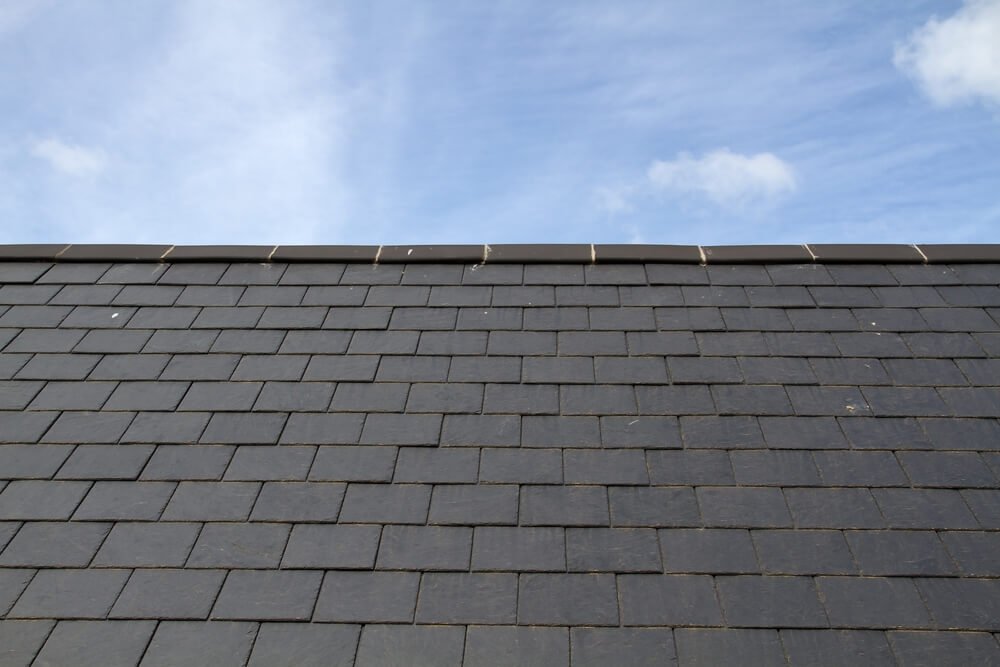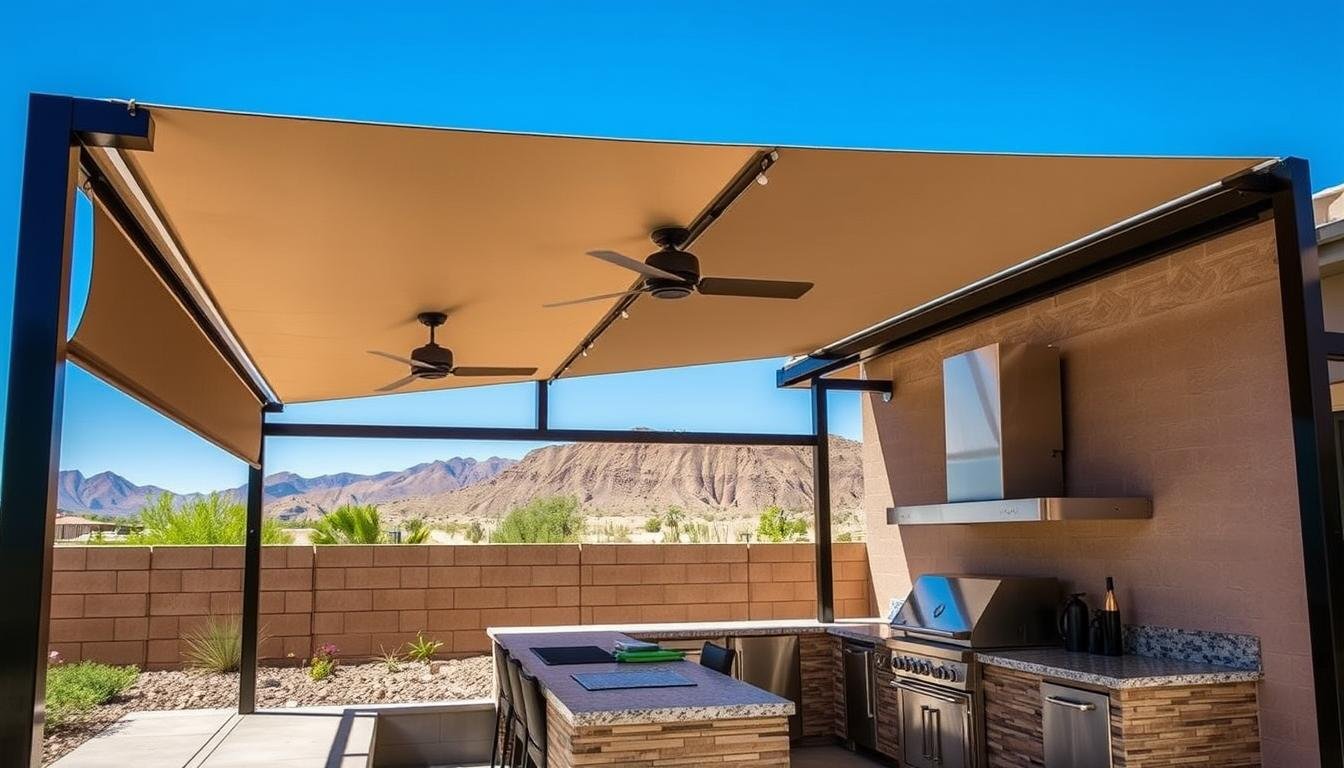Power Washing uses pressurized water to remove things like dirt, mud, moss, and mildew from the exterior of your house. Power washing, on the other hand, uses heated water. Because of the temperature of heated water used, you should only use power washing for tough stains on harder exterior surfaces like patios, sidewalks, decks, and driveways.
According to Sedona Power Washing, North Vancouver power washing professional, there is a third type of washing called soft washing that uses eco-friendly and environmentally safe, chemical solutions to clean the exterior of your house.
When Should I Use Pressure Washing?
Pressure washing is sufficient for most common residential needs. Surfaces around your home safe for pressure washing are:
- Brick
- Concrete Sidewalks, driveways and other concrete surfaces
- Stamped concrete
- Concrete Pavers
- Cut stone (mortared or not)
- Exterior aluminum, wood, and vinyl siding on a home. (Use a nozzle for painted surfaces so there is less pressure)
- Stucco (Repair cracks or chipped stucco before washing)
- Wood decks or patios
When Should I Use Power Washing?
You should power wash when you need the extra heat and power of pressurized water to remove hardened dirt, grease grime from hard surfaces. According to Better Homes and Gardens, power washing should only be for tough stains on surfaces like:
- Brick
- Concrete Sidewalks, driveways and other concrete surfaces
- Stamped concrete
- Concrete Pavers
- Cut stone (mortared or not)
- Exterior aluminum, wood, and vinyl siding on a home (Use a nozzle for painted surfaces so there is less pressure)
- Stucco (Repair cracks or chipped stucco before washing)
- Wood decks or patios
Better Homes and Gardens also says that you should not power wash things like:
- Wood outdoor furniture
- Outdoor fabric or cushions
- Outdoor umbrellas
- Resin or plastic furniture
Care should be taken when power washing to not damage softer surfaces, such as wood, vinyl siding or stucco, because of the increased heat of the water.
When Should I Use Soft Washing?
Soft Washing is often used for exterior surfaces of your home such as a roof, stucco or vinyl siding, but is safe for use on dryvit, brick and stone. Soft washing is a gentle cleaning method that uses lower water pressure, and a mixture of water and eco-friendly cleaning solution.
Soft washing is effective in removing mildew, algae and moss from your home’s exterior. Soft washing is the safest and most thorough cleaning method available today.
As with any type of painted or stained siding, such as steel, aluminum, wooden clapboard, or wood shake shingles, there is the potential for some of the paint or stain to wash off. If you have older painted or stained surfaces possibility is greater that some might wash off.
Should I Buy a Pressure Washer, Power Washer?
A pressure washer is probably sufficient for most of your needs around the house.
According to reviewers, the choice of using a pressure washer versus a power washer depends on whether you need just the force of water, or you need the increased water temperature for tougher stains.
Just like a power washer, pressure washers are adequate for regular cleaning of your patio, deck, exterior walls and walkways but do not feature a heating unit to maintain the temperature of the water.
Pressure washers are even sufficient for the cleaning of your masonry, brick and concrete. In fact, when there is no mold or ground dirt to contend with, a pressure washer provides a quick and efficient cleaning solution.
Because power washers and pressure washers are so similar, both washers have become known as pressure washers.
When referring to a power washer, you should call it a hot water pressure washers to make the differentiation. You can find supplies for both types of washers online or in any home store or hardware store. Many of the components used by both washers are interchangeable.
Should I Consider Soft Washing?
Soft washers rely on chemicals to remove algae, mold and other organic matter from your roof, siding and other exterior surfaces. This video demonstrates how the chemicals act to clean a roof.
You can soft clean your own home, but you need to take the following precautions:
- Wear clothes, gloves and goggles resistant to bleach and cleaning chemicals
- Cover surfaces that might be harmed by contact with chemicals
- Cover fragile plants with plastic
- Be comfortable working on a ladder and with cleaning chemicals
Should I Hire a Professional?
The choice of doing your own pressure washing versus hiring a professional depends on your access to the proper equipment, and how comfortable you are doing the work. Of course, you can rent a pressure washer at most home stores.
I would view this video so you can get an idea of the work involved.
If you do hire a professional, the cost of pressure and power washing services varies, but according to Home Advisor the typical range for services is from $183 to $379.
Good luck whether you decide to DIY, or hire a professional for your exterior cleaning needs.



